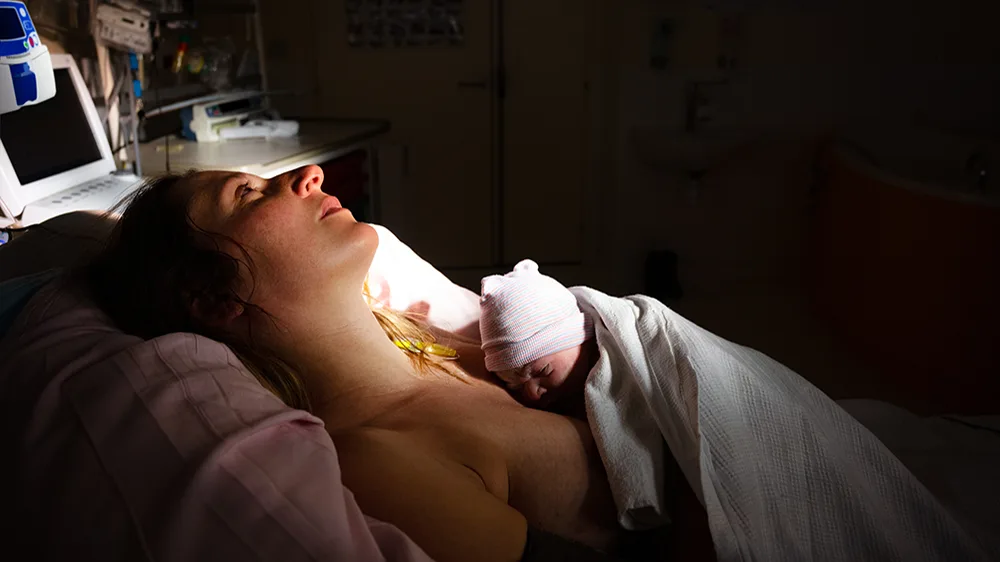– In the study, we found that one out of five pregnant, undocumented women who came to the emergency room were seriously ill or needed immediate help. This was over twice as many as among the Norwegian pregnant women who sought help here, where the same applied to one out of ten, Frode Eick says.

He is a PhD research fellow at the Department of Community Medicine and Global Health at the University of Oslo (UiO), and first author of the study.
– One out of three undocumented, pregnant women had to be admitted to the hospital after they visited the emergency room. Among Norwegian pregnant women, the same applied to one out of five, he says.
UiO researcher has studied undocumented women's use of the emergency room in Oslo
In the study, Eick looked at undocumented women's use of the emergency room in Oslo, from 2009 to 2019. During this period, the highest number of undocumented women sought help in 2012.
– Among the undocumented women who sought help at the emergency room, around 15 percent came in with a pregnancy-related issue. In comparison, less than two percent of the Norwegian women who visited the emergency room came in with an issue related to pregnancy, Eick says.
– The most common reasons for seeking help amoung the pregnant, undocumented women were bleeding during pregnancy or morning sickness, Eick says.
The undocumented women who visited the general emergency room in Oslo came from 73 different countries, and most from Somalia, Nigeria, and Iraq.
Pregnant, undocumented women have the right to maternal health care in Norway
Pregnant, undocumented women in Norway have, since 2011, had the right to receive maternal health care in the municipalities they live in, and have the right to give birth in a hospital. However, they are not included in the general practitioner and reimbursement schemes in Norway.
Through UN's sustainability goals, Norway has committed to offer universal health care to everyone, to reduce illnesses and mortality among mothers and newborns.
– The study shows that there is a need for better access to primary healthcare services for pregnant, undocumented women in Norway, Eick says.
– It is important that undocumented women staying in Norway know where they can seek help, that it is safe, and that the help they receive do not become a financial burden afterwards, he continues.
Pregnant women seeking asylum in Norway and women who were homeless were, like the undocumented women, more often severly ill when they sought help at the emergency room in Oslo, compared to the Norwegian women.
– In these groups, one out of five were also severly ill when they came to the emergency room and around one out of three had to be admitted to the hospital, but there are some methodological uncertainties around these numbers, Eick says.
Research project at UiO looks at maternal health care for undocumented migrants
The study is part of the PhD-project Maternal Health Care for Undocumented Migrant Women in Norway (uio.no) at the Department of Community Medicine and Global Health at UiO.
– In this research project, I look at the use of health services and pregnancy outcomes among pregnant, undocumented women in Norway, Eick says.
The project is financed by the Dam Foundation, through collaboration with the Norwegian Women's Public Health Association.
Read more:
